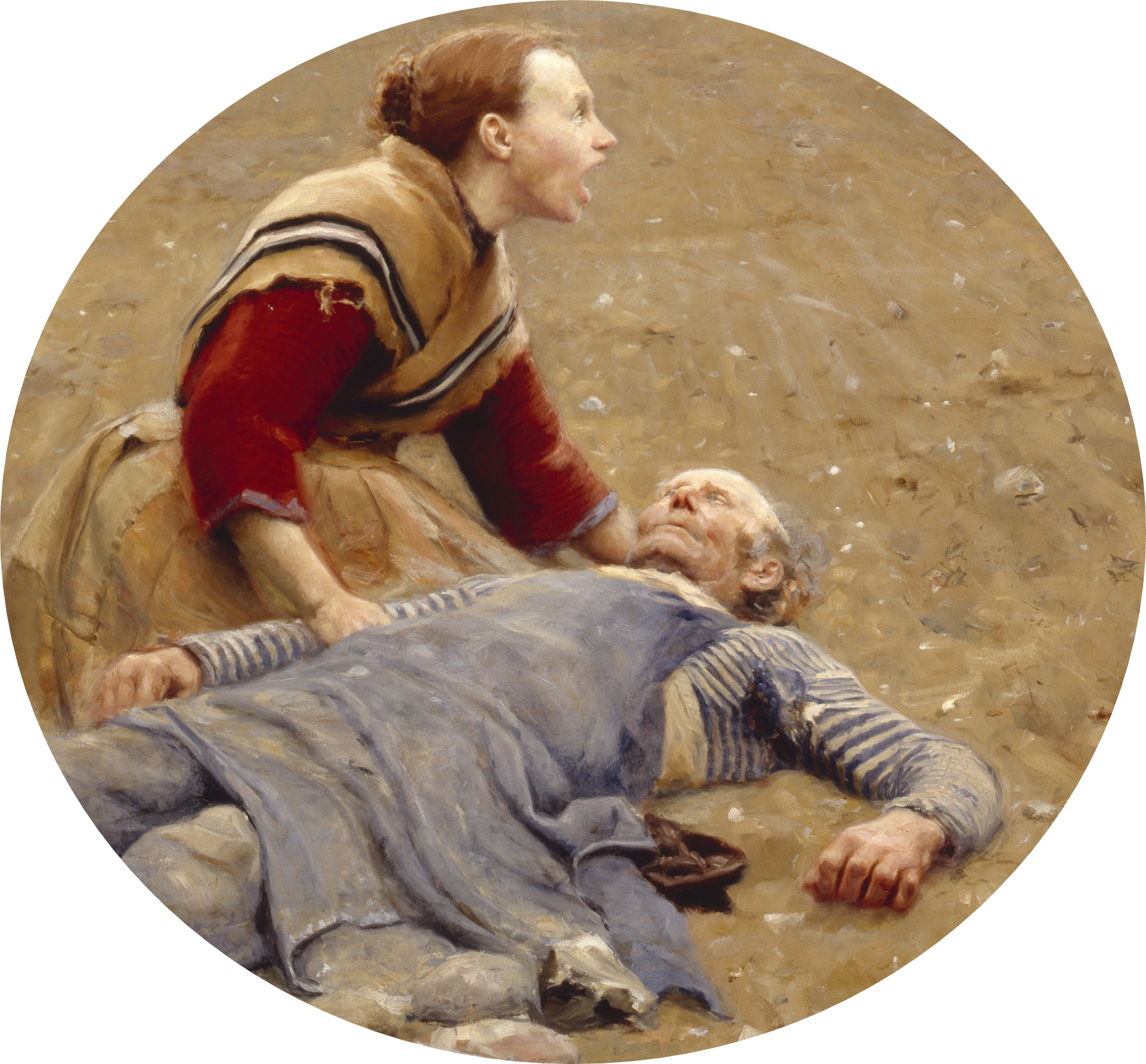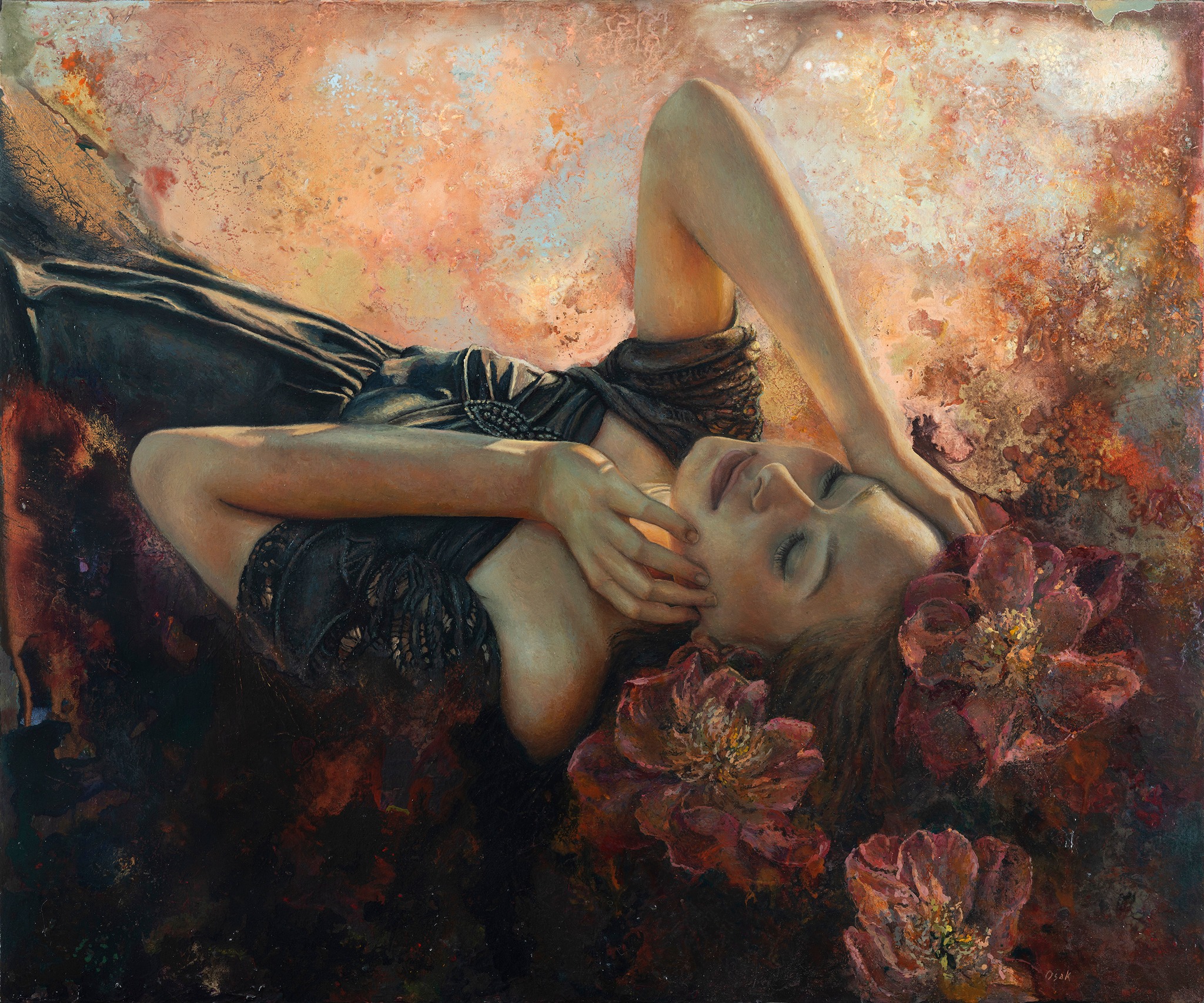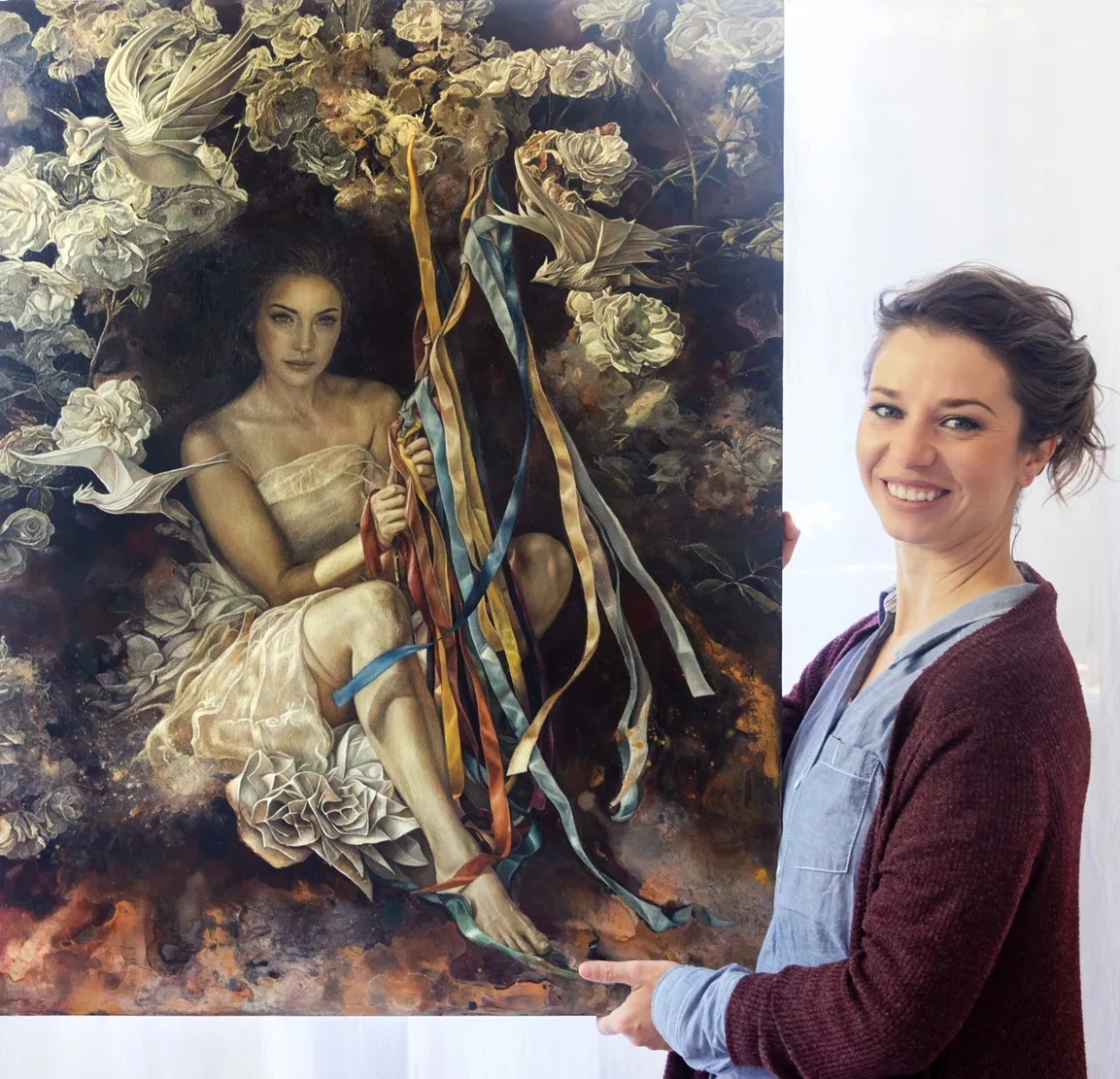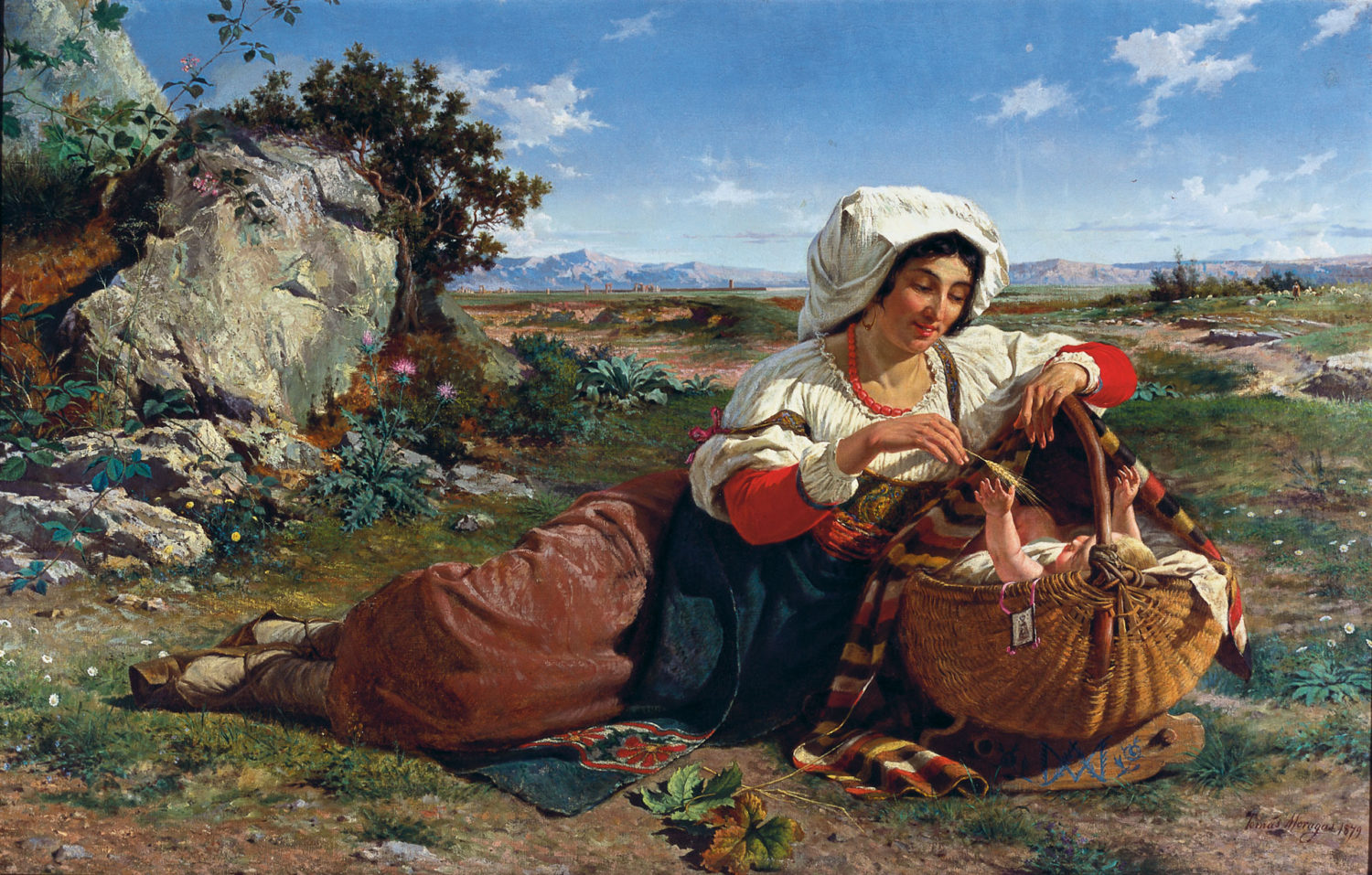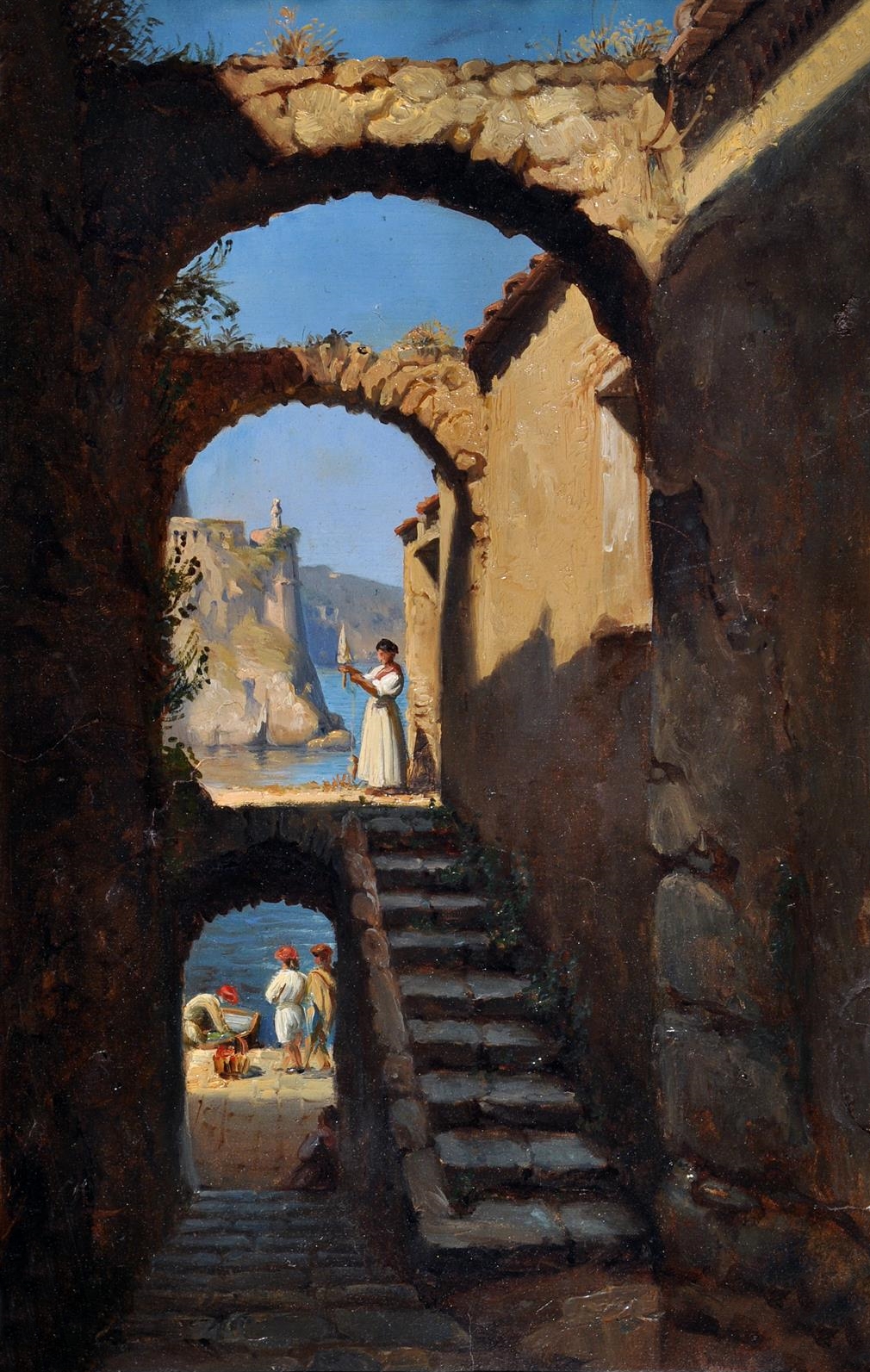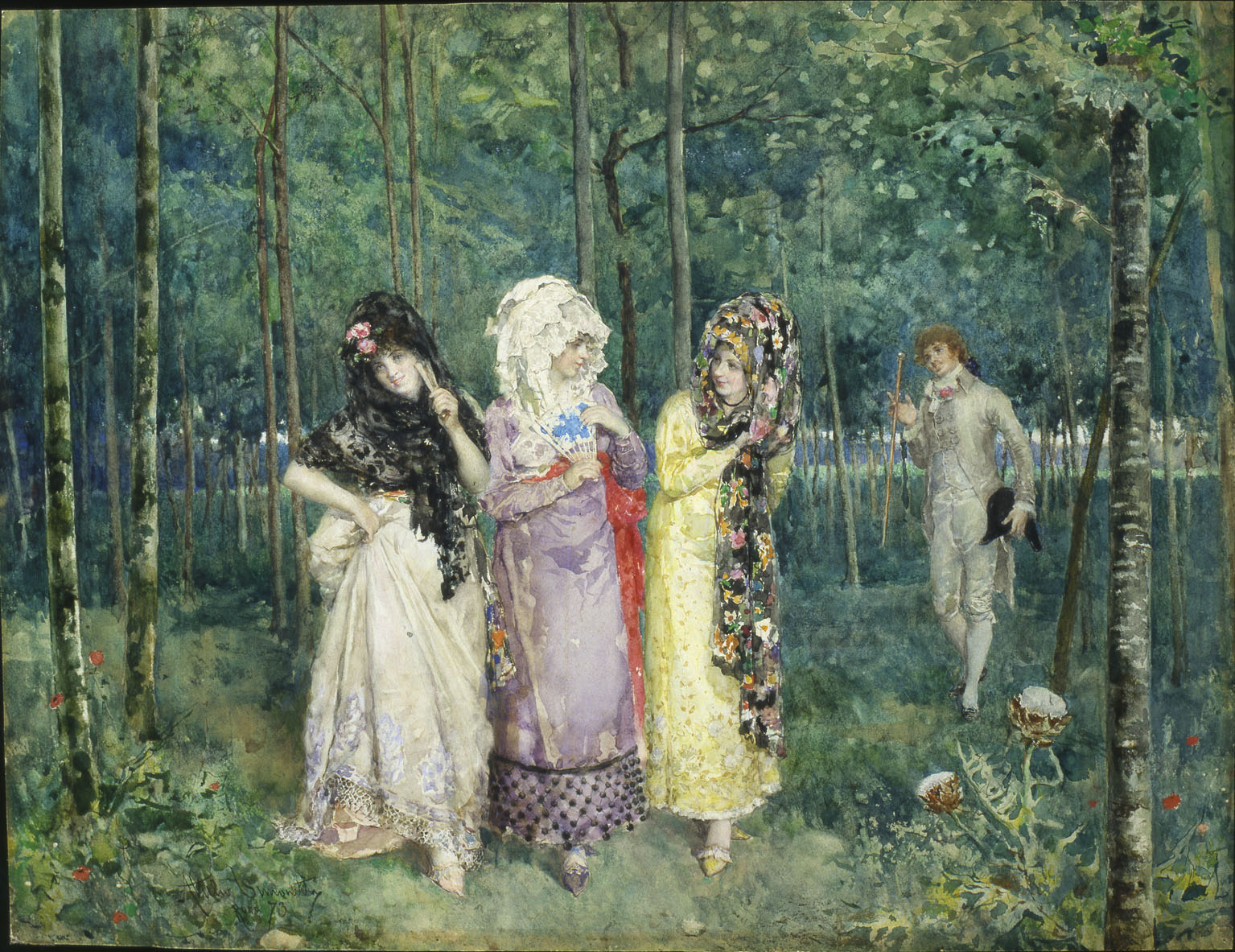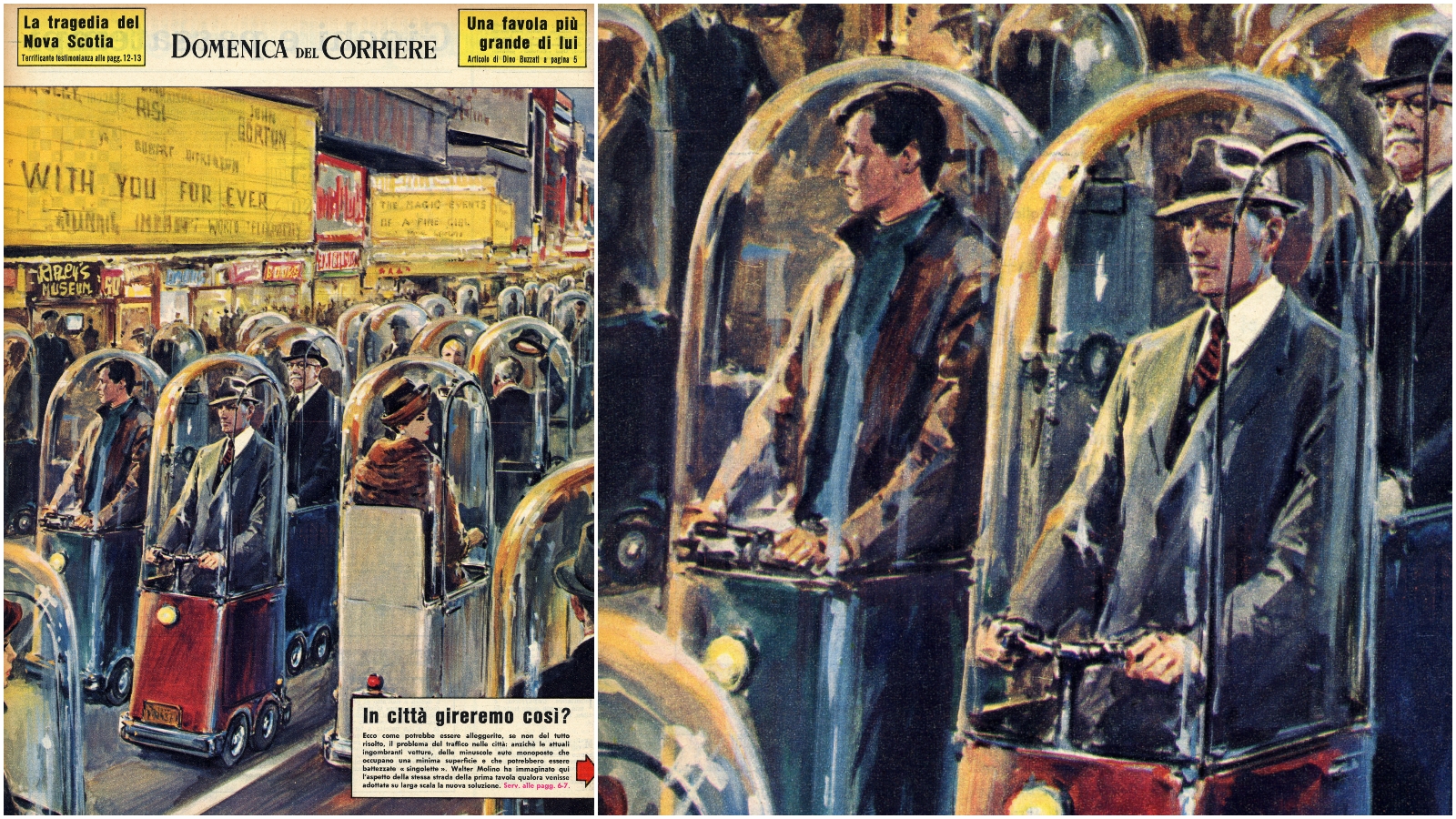Polish painter and illustrator Aga Osak graduated from the Institute of Fine Arts at the University of Rzeszów.
Diploma in sculpture in the studio prof. Maria Górecka in 2009.
Graduated Active Art School of Theater Technique in Warsaw in 2011.
After graduation she was involved in theatrical scenery and theater costumes.
She also dealt with photography and stage design for photo shoots.
Currently she is focusing on painting.
Today she creates and paint magical stories from fantasy land based on
Surrealism and Magic Realism.
She combines various painting techniques and styles and is looking for new means of expression.
Her painting is characterized by dynamics, expression, richness of color, details and symbols, with a mix of 3D elements and theater climate.
Aga Osak si è laureata all'Istituto di Belle Arti dell'Università di Rzeszów.
Diploma di scultura presso lo studio prof. Maria Gorecka nel 2009.
Diplomata alla Scuola d'Arte Attiva di Tecnica Teatrale di Varsavia nel 2011.
Dopo il diploma si è occupata di scenografie teatrali e costumi teatrali.
Si è occupata anche di fotografia e scenografia per set fotografici.
Attualmente si sta concentrando sulla pittura.
Oggi crea e dipinge storie magiche dal mondo fantastico basate sul surrealismo e sul realismo magico.
Combina varie tecniche e stili pittorici ed è alla ricerca di nuovi mezzi espressivi.
La sua pittura è caratterizzata da dinamica, espressione, ricchezza di colore, dettagli e simboli, con un mix di elementi 3D e clima teatrale.

